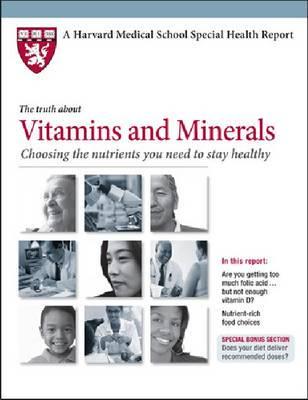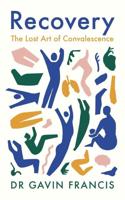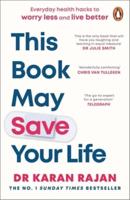Publisher's Synopsis
About half of all Americans routinely take dietary supplements, the most common being multivitamin and multimineral supplements. Yet, as this report explains, there is no compelling evidence to support this practice. In general, studies of people who eat diets rich in fruits, vegetables, nuts, whole grains, and fish show that they consume higher levels of vitamins and minerals from these foods and also have a lower risk of many diseases, including heart disease, stroke, diabetes, and cancers. On the other hand, trials testing the effect of selected vitamins or minerals as pill supplements have mostly shown very little influence on health. The main exception may be fish oil supplements, for which some trials show a lower risk of heart disease and possibly vitamin D.
This report explains the different types of studies used to assess the benefits and safety profiles of various nutrients. It also includes the recommended minimum and maximum amounts of the vitamins and minerals you should consume, as well as good food sources of each. The special section—“Does your diet deliver the daily recommended dose?”—will help you determine whether you’re getting sufficient amounts of vitamins and minerals from your diet, and what to do if you’re not.










